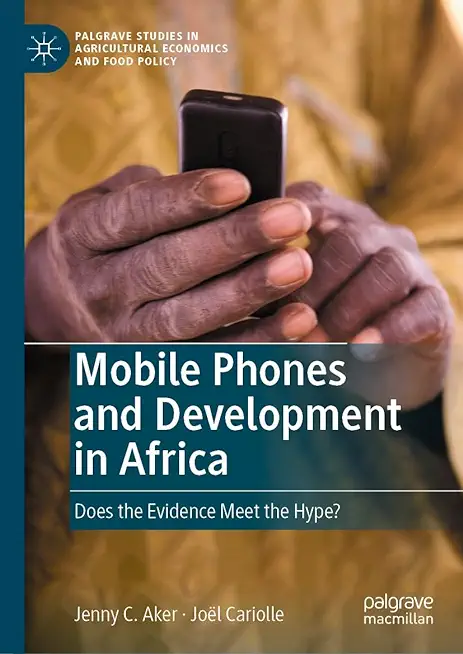
Aker, Jenny C.
product information
description
f information technology on the lives and livelihoods of rural households in sub-Saharan Africa, where simple mobile phones have leapfrogged traditional communication and financial technologies, and thus, arguably, offer some of the greatest potential for development. Drawing on primary and secondary research from a variety of disciplines, the authors examine the evolution of mobile phone coverage and adoption in sub-Saharan Africa over the past two decades, before exploring the main channels through which mobile phones can affect development. They then review initiatives on "digitizing development" and evaluate empirical evidence on their impact. The book argues that digital has yet to live up to the hype, ending with a set of questions that stakeholders should ask (and answer) when using digital technology for promoting development.
member goods
No member items were found under this heading.
Return Policy
All sales are final
Shipping
No special shipping considerations available.
Shipping fees determined at checkout.







